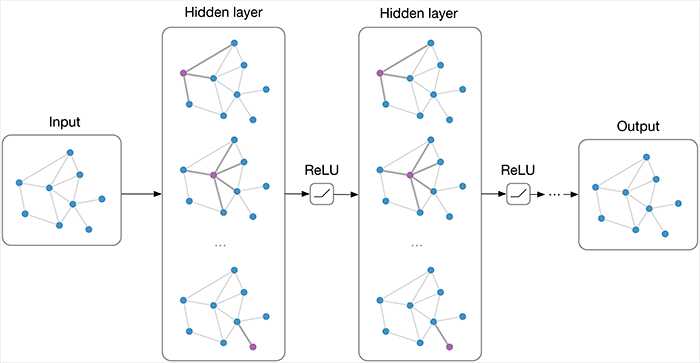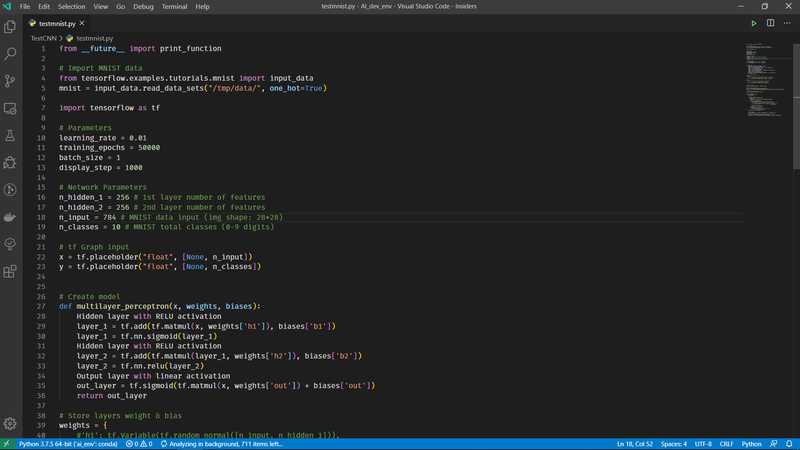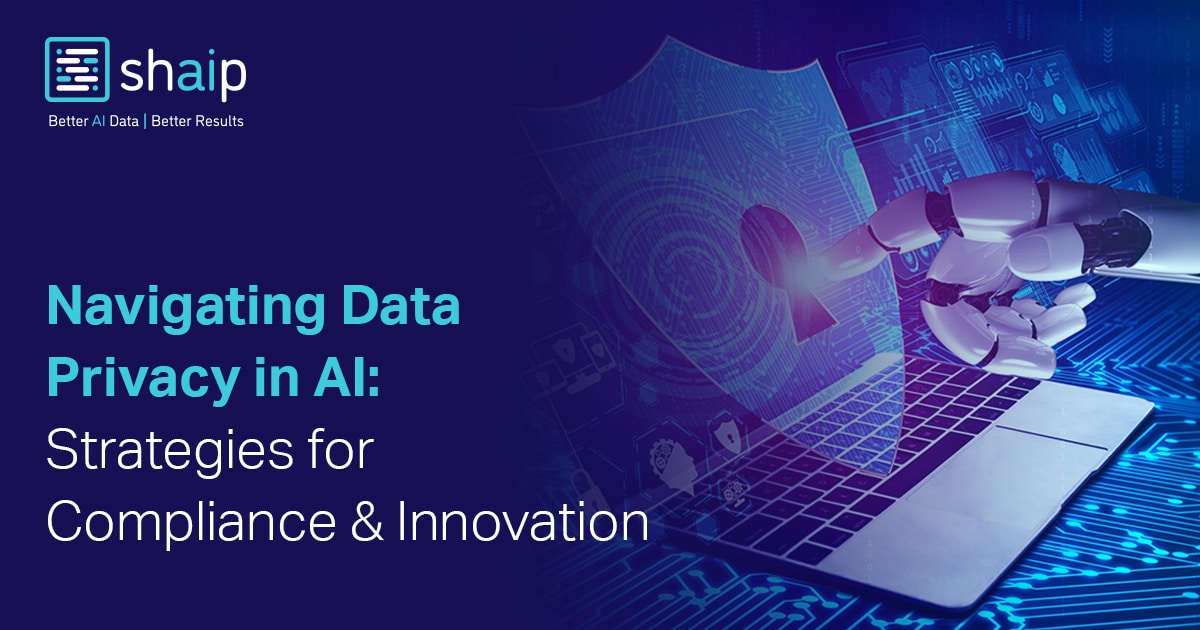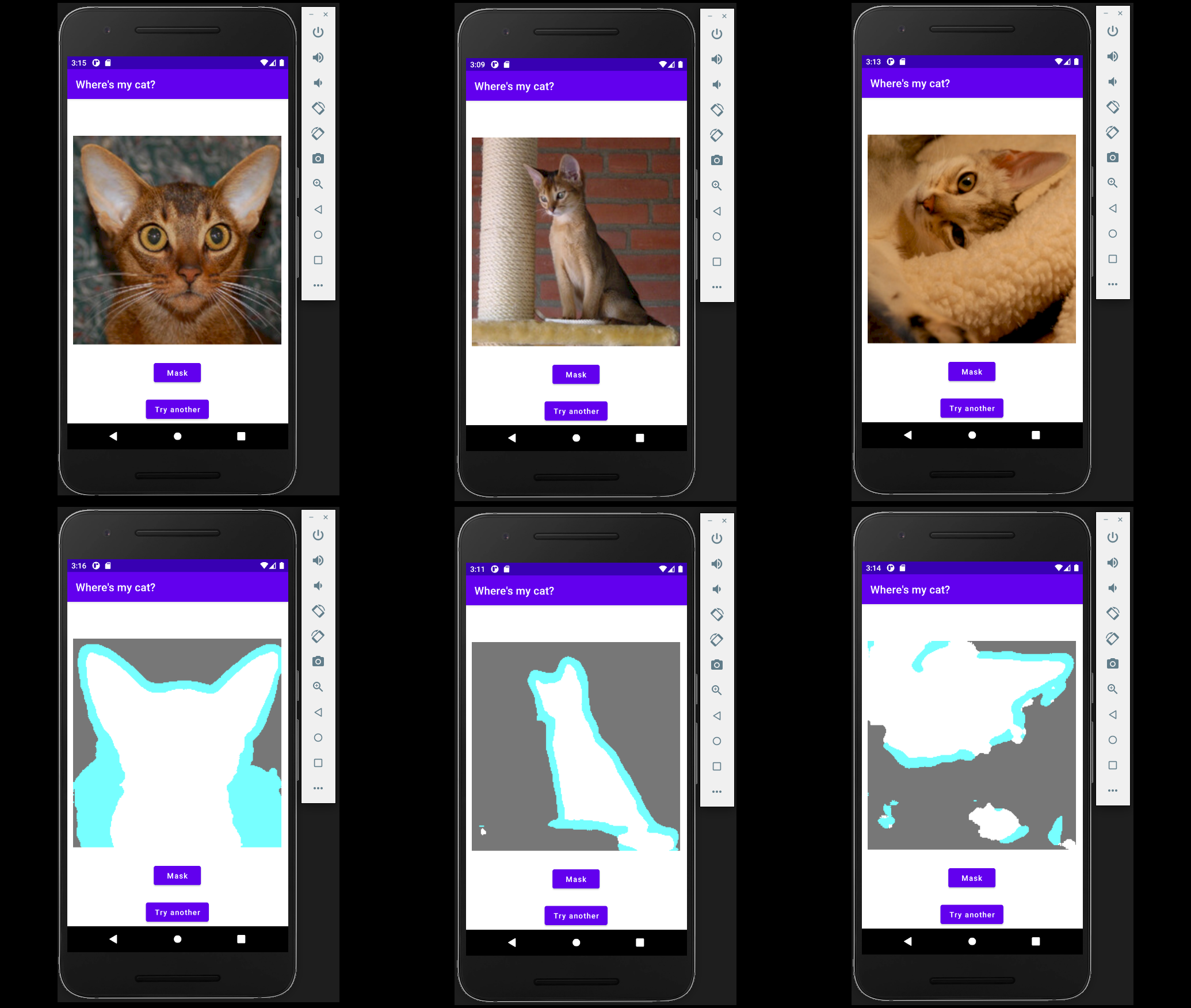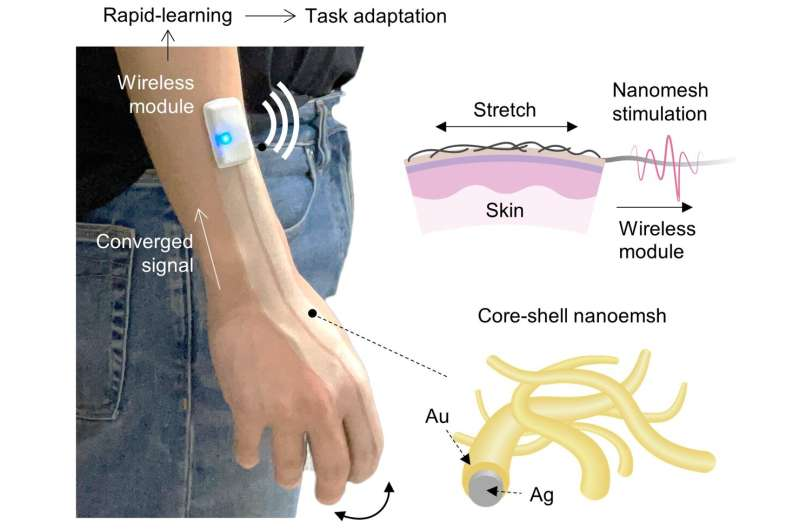Devin AI Introduces DeepWiki: A New AI-Powered Interface to Understand GitHub Repositories
Devin AI recently introduced DeepWiki, a free tool that automatically generates structured, wiki-style documentation for any GitHub repository. Built using their in-house DeepResearch agent, DeepWiki aims to simplify the process of understanding unfamiliar codebases by offering a comprehensive, interactive overview directly from repository URLs. This release addresses a common pain point in software development: navigating […] The post Devin AI Introduces DeepWiki: A New AI-Powered Interface to Understand GitHub Repositories appeared first on MarkTechPost.

Devin AI recently introduced DeepWiki, a free tool that automatically generates structured, wiki-style documentation for any GitHub repository. Built using their in-house DeepResearch agent, DeepWiki aims to simplify the process of understanding unfamiliar codebases by offering a comprehensive, interactive overview directly from repository URLs.
This release addresses a common pain point in software development: navigating large, often poorly documented codebases. For developers tasked with onboarding, refactoring, or auditing external projects, DeepWiki provides a practical solution by bridging the gap between raw code and accessible documentation.
Overview of DeepWiki
DeepWiki functions as an AI layer over GitHub repositories. When a user inputs a repository URL, the platform analyzes the project structure, source code, configuration files, and any available documentation (such as README files). Based on this analysis, DeepWiki produces an organized set of outputs, including:
- A summary of the project’s purpose and core functionality.
- A breakdown of the technology stack and key dependencies.
- An interactive file explorer with module-level explanations.
- Automatically generated architectural diagrams and flowcharts.
The tool is designed to present information in a form that is easier to navigate compared to manually sifting through individual files or extensive README sections.
Notably, DeepWiki requires no installation or setup. To use it, users simply replace github.com with deepwiki.com in the repository URL—for example, changinghttps://github.com/user/repo to https://deepwiki.com/user/repo—and DeepWiki immediately renders the generated documentation.
Key Features and Technical Approach
DeepWiki integrates several capabilities that enhance the user experience:
- Conversational Understanding:
At the core is an AI assistant (built on Devin’s DeepResearch agent) that enables natural language querying. Users can ask targeted questions about functions, modules, or configurations and receive context-aware answers grounded in the repository’s content. - Deep Research Mode:
For more advanced analysis, DeepWiki offers a research-driven mode that dives deeper into the codebase. This includes identifying potential issues, optimization opportunities, and even architectural critiques, functioning similarly to a senior code reviewer. - Support for Public and Private Repositories:
While public repositories are freely accessible with no login required, DeepWiki also allows private repository access via authentication for enterprise or team-specific use cases. - Visual Architecture Mapping:
The platform generates flowcharts and dependency graphs that help developers quickly grasp how different modules and services interact within the codebase.
On a technical level, DeepWiki applies language models fine-tuned for source code analysis, combined with knowledge extraction techniques that map relationships between files, functions, and libraries.
Practical Implications for Developers
For open-source contributors, technical auditors, or software engineers working across unfamiliar repositories, DeepWiki offers a valuable time-saving tool. By automating codebase summarization and exposing structural insights through diagrams and conversational interfaces, developers can navigate and comprehend projects more systematically.
Early community feedback highlights that DeepWiki complements traditional tooling like GitHub’s own code search, Copilot, and manual documentation efforts rather than replacing them. It serves as an augmentation layer for better code comprehension rather than a replacement for direct source inspection.
Conclusion
DeepWiki represents a practical step toward more accessible, AI-enhanced software development workflows. It avoids overpromising automation and instead focuses on making the exploration and onboarding processes around complex codebases more efficient and structured.
As AI-assisted development tools mature, systems like DeepWiki illustrate how intelligent documentation and code understanding could evolve. By bridging code and natural language interfaces, they enable faster, more confident engagement with even the most complex repositories.
For developers, researchers, and organizations alike, tools like DeepWiki will likely become an essential part of the future software engineering toolkit.
Check out the Tool here. Also, don’t forget to follow us on Twitter and join our Telegram Channel and LinkedIn Group. Don’t Forget to join our 90k+ ML SubReddit.











































![[The AI Show Episode 143]: ChatGPT Revenue Surge, New AGI Timelines, Amazon’s AI Agent, Claude for Education, Model Context Protocol & LLMs Pass the Turing Test](https://www.marketingaiinstitute.com/hubfs/ep%20143%20cover.png)





















